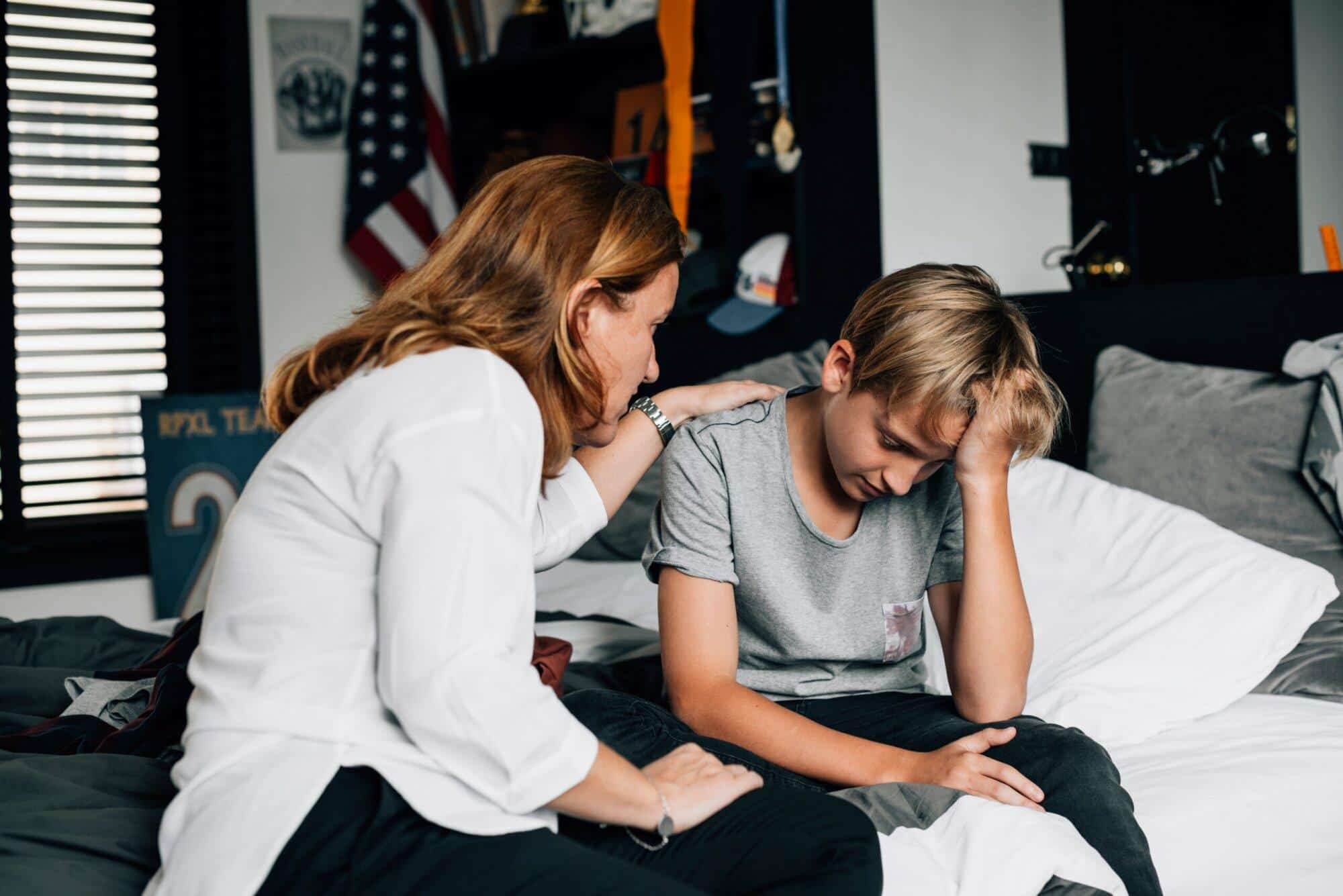https://tykesandteens.org/wp-content/uploads/2021/07/Ask-Dr.-Marshall.png
In today’s Moms for Mental Health Monday, we’re sharing advice to an ‘Ask Dr. Marshall’ question on how to know if a teen is depressed vs. regular teen moodiness. Have a question regarding mental health? Email ‘Ask Dr. Marshall’ at agnieszka@tykesandteens.org. Visit Moms for Mental Health at https://tykesandteens.org/moms-for-mental-health/. #MomsForMentalHealthMonday #AskDrMarshall #MentalHealthMatters #MentalHealthMattersEveryDay
Dear Dr. Marshall,
How do you know if a teen has depression or if it’s just regular teen moodiness?
Dear Mom For Mental Health,
Thank you for your question. A very important inquiry during this time of COVID-19. Teen moodiness can be quite a confusing thing. Imagine your home going under construction. It’s a messy, disruptive and chaotic experience. That is basically what is occurring within the teenage brain during this time: new pathways are being built while unused branches are being pruned. And with that you see the following:
• Frequently perceiving aggression where there is none or exaggerated interpretations of surroundings. For example, hearing your child say “stop yelling at me” when you have been speaking in your normal voice.
• Frequent mood swings that seem intense.
• Wanting to spend less time with family and more time with peers.
• Change in styles or personalities.
• Increased need for sleep.
• Acting out.
Some of the above symptoms can also be seen in Depression. However, in a true Depression disorder, you will likely see:
• Greater severity. For example your average teen might act out by pushing limits with curfew or their attire, while a depressed teen might be acting out by using drugs or drinking alcohol.
• Disruption in daily functioning, meaning difficulty managing their responsibilities. Examples could include missing school, poor hygiene, lowered grades.
• Symptoms persist in all of their environments, meaning not just in the home with you, but in school and with their friends.
• Consistency in symptoms for at least 2 weeks.
Much like most mood disorders (those involving Depression and Anxiety), Depression diagnoses range from mild symptoms to severe. Generally speaking, depression symptoms in teens may include the following:
• Sleep disturbance
• Appetite disturbance
• General feelings of sadness, irritability or anxiety, including frequent crying spells excessive guilt or dwelling on past failures.
• Problems with focus or making decisions.
• Fatigue.
• Lethargy or difficulty getting going on tasks.
• Feelings of hopelessness.
• Lack of interest in most things or things that were usually pleasurable no longer are.
• Feelings of worthlessness.
• Thoughts of not wanting to be around or suicidal thoughts.
• Self injury
• Risk-taking that can endanger.
• Isolating
If your child’s behavior seems to match more of the depression description, I recommend consultation with a licensed mental health professional. And as always, have that conversation with your child. Share with them what you notice and your concern. The more you can involve your child in the process the better.



